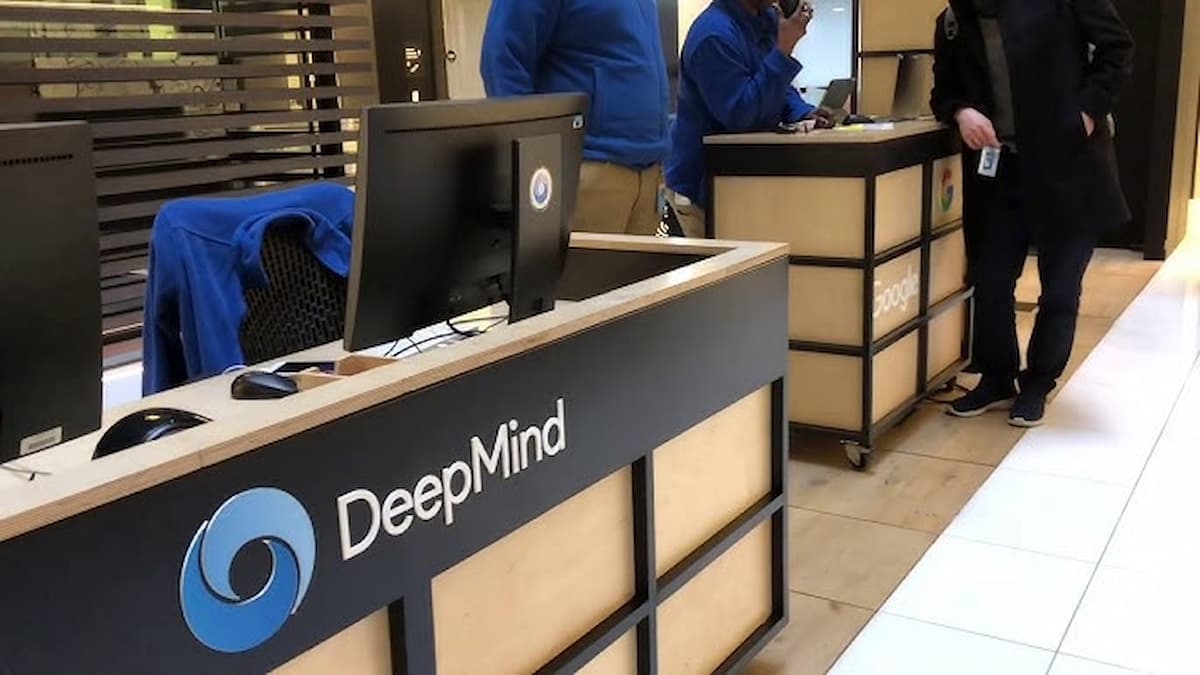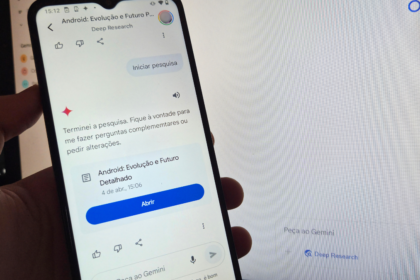AI Boom Creates Jobs Instead of Replacing Them—And Sparks a Talent War
There’s no denying that artificial intelligence—especially generative AI—has become one of the most talked-about technologies in recent years. What’s surprising, though, is that rather than eliminating jobs as many feared, AI’s rapid development has created a wave of new employment opportunities.
This trend is overwhelmingly positive. As AI continues to expand globally, the demand for skilled professionals has grown with it. However, this growth has also sparked competition among major tech companies. Giants like Microsoft reportedly offer significantly higher salaries to attract top talent, prompting rivals to step up their game. According to Windows Central, Google has already begun taking strategic steps to retain its AI experts and avoid a potential talent drain.
Google takes advantage of a legal clause to prevent its workers from going to Microsoft

It’s only natural that skilled professionals want to go where their talents are best rewarded—and right now, Microsoft is leading the charge. The tech giant is reportedly offering AI software engineers an average salary of up to $377,611, which is roughly $120,000 more than what similar roles earn at other companies.
This pay gap has made Microsoft incredibly appealing to top-tier talent, often prompting employees from rival firms to jump ship. For companies like Google, this poses a serious risk. To counteract the exodus, Google has adopted a rather unconventional strategy.
According to Business Insider, Google has been paying some of its AI employees to essentially do nothing for an entire year, just to prevent them from joining the competition. This approach, while surprising, is part of a broader effort to retain talent and keep it out of Microsoft’s reach.
In addition to this paid downtime, Google DeepMind is reportedly using strict non-compete agreements that prevent employees from working for a rival for up to a year after leaving. These agreements are applied selectively, often based on factors like seniority and the significance of the employee’s contributions.
While being paid not to work might sound like a dream, it can come with downsides. Some employees report feeling disconnected and unfulfilled, as they’re unable to actively contribute to meaningful projects during their enforced break.
Dear @googdeepmind Ers, First, Congrats on the new impressive models.
Every Week One of You Reaches out To I will dispose of To Ask Me How To Escape Your Notice Periods and Noncompetes. ALSO ASKING I FOR A A JOB BACASE YOUR MANAGE YOU HAVE EXPLAED THIS IS THE WAY TO GET PROMOTED, BUT …
– Nando de Freitas (@Nandodf) March 26, 2025
Behind the Scenes: Google’s Non-Competes May Be Backfiring
But things might not be as picture-perfect as they seem. Microsoft Vice President Nando de Freitas recently revealed that several former Google DeepMind employees have reached out to Microsoft in desperation. According to him, these individuals are stuck in limbo—unable to contribute meaningfully at Google, yet barred from leaving due to strict non-compete agreements.
It paints a more complex and tense picture of the talent war unfolding behind closed doors. While Google’s strategy may help slow the talent drain to competitors like Microsoft, it’s also leaving some employees frustrated and creatively stifled. Being paid not to work might sound appealing at first, but for ambitious professionals who thrive on innovation and purpose, being benched indefinitely can be deeply demoralizing.










